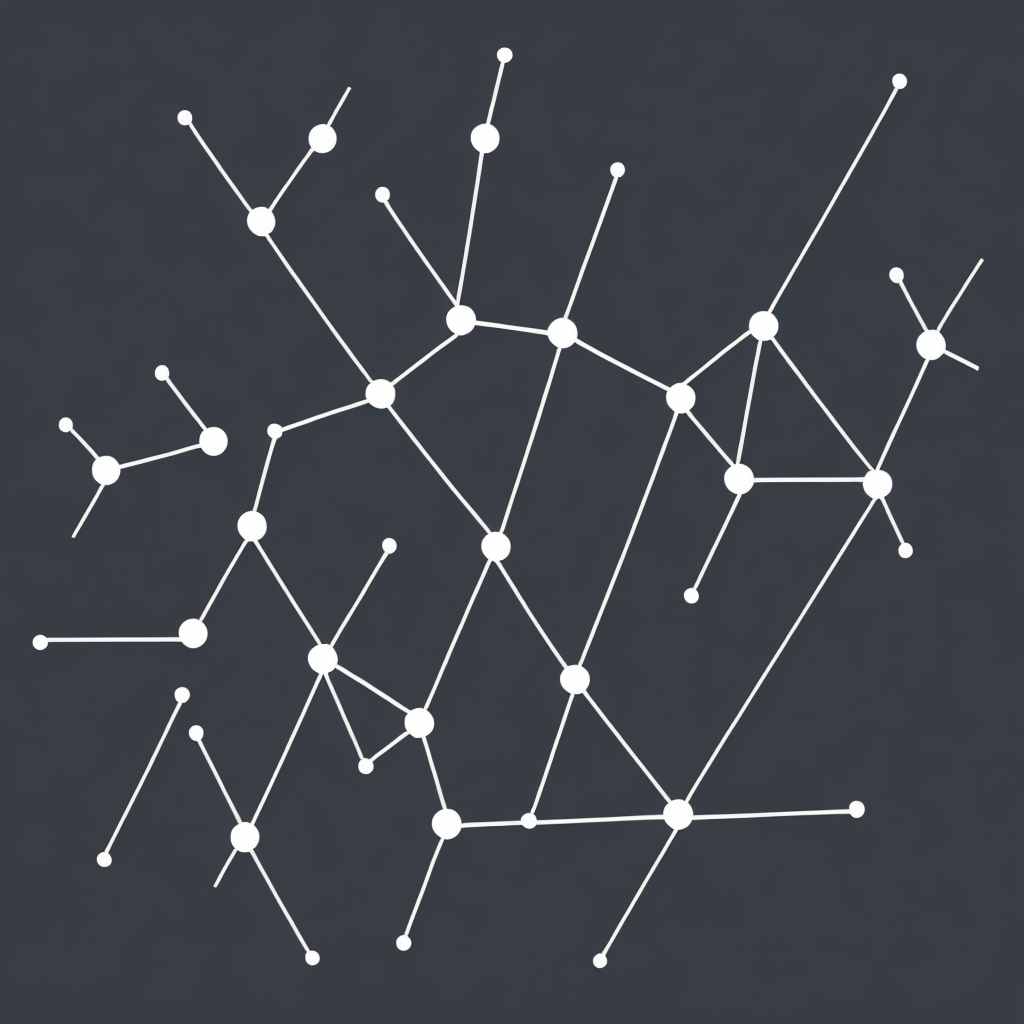Title: Decoding the Power of Knowledge Graphs in Elevating the Future of Data Management and Artificial Intelligence
Introduction
In an increasingly data-driven world, organizations must seek efficient approaches to manage, structure, and utilize the vast amounts of information at their disposal. This is where knowledge graphs emerge as a pivotal tool in revolutionizing data management and artificial intelligence. Knowledge graphs, with their ability to represent data in a structured, interconnected manner, enhance our understanding and manipulation of available information. By decoding the power of knowledge graphs, we can open new doors toward innovative solutions and insights across various industry sectors. In this article, we will explore the key aspects of knowledge graphs and their transformative potential for data management and artificial intelligence.
1. **What are Knowledge Graphs?**
Knowledge graphs are digital representations that map entities (such as people, places, products, and events) as nodes connected by relationships (edges) that describe their associations. Built on top of graph databases, these structures can store a myriad of connections and information, making them highly powerful for querying and inferring new insights. Unlike traditional tabular databases, knowledge graphs leverage a more nuanced, semantically rich model of data.
2. **Enhancing Data Management**
Knowledge graphs provide a robust foundation for data management by enabling organizations to:
* **Integrate and Organize Data**: Knowledge graphs unify data from different sources, creating a coherent, interconnected model rather than isolated silos.
* **Enable Advanced Analytics**: The linked data structure facilitates complex queries, enabling sophisticated analytics that reveal patterns, trends, and connections previously unseen.
* **Support Data Governance and Privacy**: Knowledge graphs can enforce business rules and policies, ensuring compliance and safeguarding sensitive information.
3. **Knowledge Graphs in Artificial Intelligence**
Knowledge graphs play a pivotal role in enhancing artificial intelligence (AI) systems by:
* **Facilitating Contextual Understanding**: AI systems, particularly those using natural language processing (NLP), can benefit from knowledge graphs by grounding explanations and answers in a real-world context, improving coherence and relevance.
* **Inferring Relationships**: Knowledge graphs allow AI systems to make predictions and inferences based on existing connections, thereby enriching their decision-making capabilities.
* **Enhancing Personalization**: In consumer-focused AI applications, knowledge graphs can be used to refine user profiles, understand preferences, and recommend products or services based on an extensive knowledge of individual behaviors and market trends.
4. **Unlocking New Challenges and Opportunities**
The adoption of knowledge graphs presents both opportunities and challenges:
* **Opportunities**: They streamline information access, accelerate research, and enhance decision-making across various industries.
* **Challenges**: Building and maintaining knowledge graphs requires significant investments in data quality, ontology design, and expertise in graph theory and machine learning.
* **Sustainability and Scalability**: Ensuring these systems remain efficient, scalable, and cost-effective is crucial for their long-term success in an evolving digital landscape.
Conclusion
In conclusion, knowledge graphs stand as a powerful tool for reimagining data management and artificial intelligence. By leveraging the intricate web of connections and relationships they represent, organizations can unlock new levels of insight, efficiency, and innovation in their data-driven strategies. As we navigate the future of data and AI, embracing the full potential of knowledge graphs promises to open countless doors to groundbreaking possibilities and advancements.
